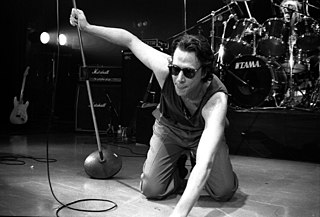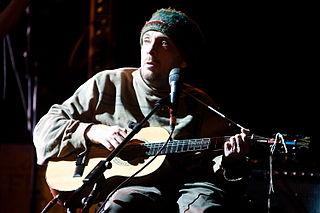A Quote by Faith Adiele
I you're writing memoir, but it even comes up in fiction. People just assume that you're writing thinly veiled autobiography. And particularly, I think, for people of color, our work is always seen as kind of anthropological artifact regardless. So, there's always going to be that assumption, but even more so in a memoir because often the names aren't even changed. It is easier to verify.
Related Quotes
I find it interesting that people often seem to believe that authors of realistic fiction are directly translating their personal experiences into their work. The fact is that telling a story is a transformative experience. There is rarely a one-to-one translation onto the page unless you're writing memoir, and even then, memory is unreliable. I think that the best books feel emotionally true, and that truth has to be rooted in real-world experience.
Memoirs are going to be problematic sells for a while, though, because even if memoir means "based in memory," right now, in the collective mind, memoir means "recovery." When my agent and I started looking at small presses the possibility for my book, I realized most small presses were not publishing memoir, because they don't want to be associated with the genre that Mary Karr calls, half-facetiously, "literature's trashy cousin."





































